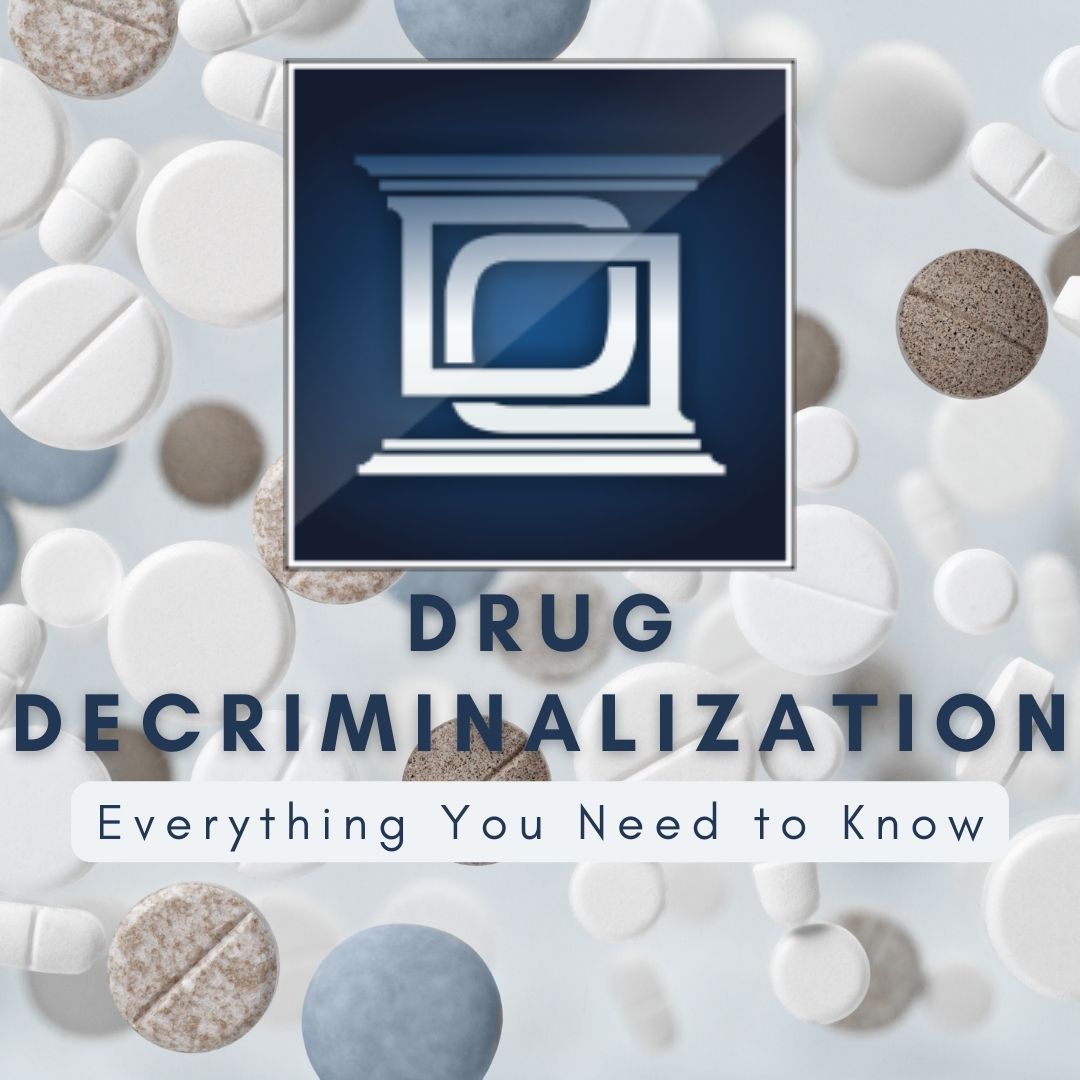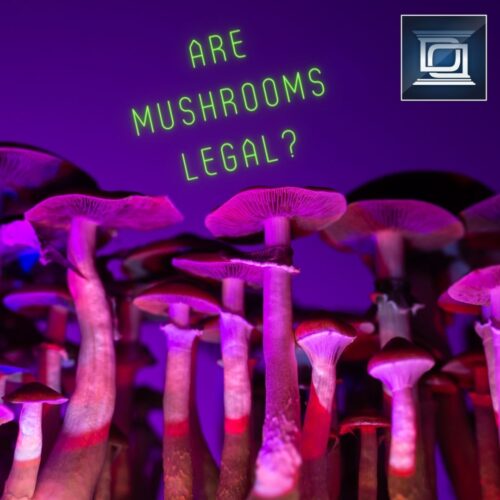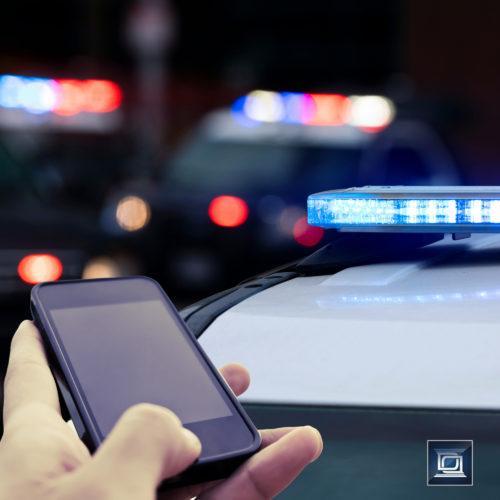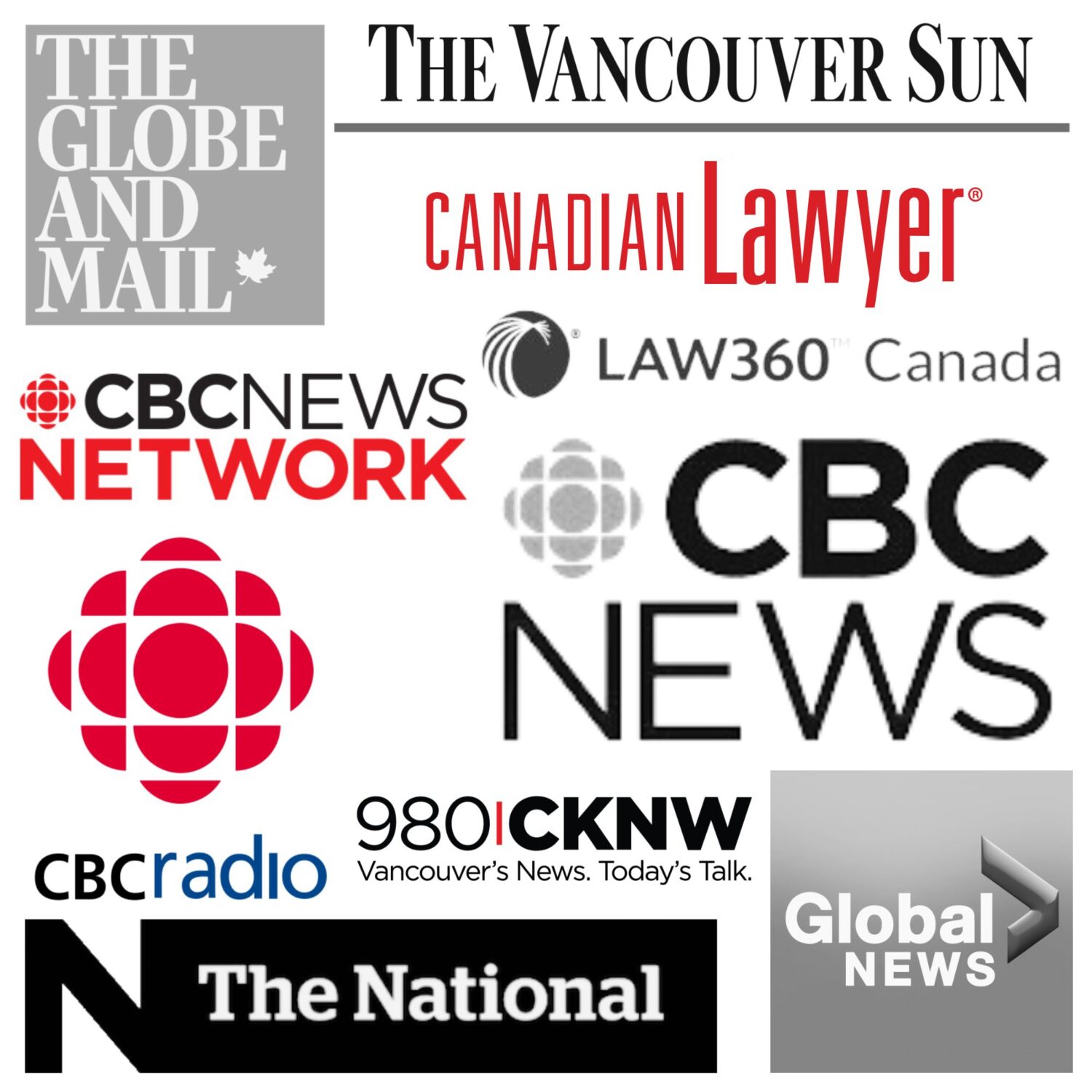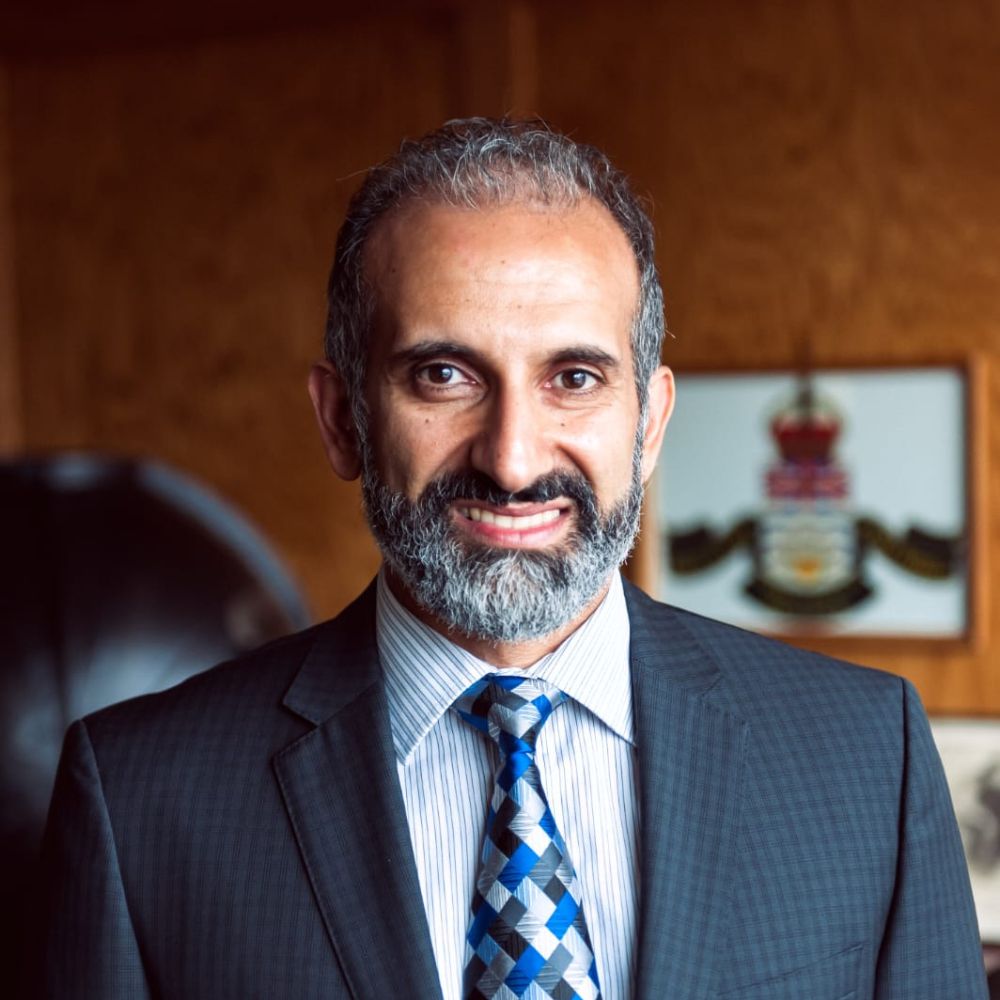The Canadian province of British Columbia has announced that it will decriminalize the possession of certain illegal drugs for personal use as part of its fight against the ongoing drug crisis.
What does this mean for you?
Here’s everything you need to know about drug decriminalization in BC.
Drug Decriminalization in BC
On April 14, 2022, British Columbia, Canada granted an exemption from the Controlled Drugs and Substances Act, which decriminalizes the possession of small amounts of certain illegal drugs for personal use. The exemption is effective from January 31, 2023 to January 31, 2026.
Under the exemption, adults (18 years and older) in British Columbia are not arrested or charged for possessing small amounts of certain illegal drugs for personal use. The illegal drugs covered by the exemption include opioids (such as heroin, morphine, and fentanyl), crack and powder cocaine, methamphetamine (meth), and MDMA (ecstasy). Adults found in personal possession of any combination of these illegal drugs that adds up to a combined total of 2.5 grams or less are not subject to criminal charges, and the drugs are not seized. Instead, they are offered information about health and social supports, including support with making a referral to local treatment and recovery services, if requested.

What’s the catch?
This might sound too good to be true, and depending on your stance on the matter, it may be.
It’s important to understand that decriminalization is not legalization.
Under this exemption, illegal drugs (including those listed above) are not legalized and will not be sold in stores. Drug trafficking remains illegal, regardless of the amount of drug(s) in possession.
The exemption also does not apply to certain circumstances, such as on the premises of elementary and secondary schools and licensed child-care facilities or at airports, and does not apply to people under the age of 18.
It also remains a criminal offence for Canadian Armed Forces members subject to the Code of Service Discipline to possess the drugs listed in the exemption, unless otherwise authorized.
Most importantly, this decriminalization bill only applies to British Columbia – so don’t expect this leniency anywhere else in Canada.
Why did this happen?
British Columbia is far from the first place to implement drug decriminalization. Other countries, provinces, and states have already installed similar rules, and there has been quite a bit of success with it.
Famously, Portugal decriminalized all drugs in 2001, which led to a dramatic decline in drug-induced deaths.
In the US, Oregon followed a similar plan and decriminalized possession of small amounts of almost all drugs.
We’ve also already seen relaxed enforcement of drug laws in BC, so to many, this was a logical next step in fighting the drug epidemic.
Our government put out an official statement on the reasoning behind decriminalization:
“The decriminalization of people who possess certain illegal drugs for personal use is a critical step in B.C.’s fight against the toxic drug crisis.
It will help reduce the barriers and stigma that prevent people from accessing life-saving supports and services. Substance use is a public health matter, not a criminal justice issue.
Public health experts, police and advocates have called for decriminalization, pointing to a range of potential benefits.
Provincial Health Officer Dr. Bonnie Henry advocated for decriminalization as a key strategy to reduce stigma and address the toxic drug crisis in her 2019 report, Stopping the Harm: Decriminalization of People Who Use Drugs in BC.
The Canadian Association of Chiefs of Police endorses decriminalization as an effective way to reduce public health and public safety harms.”
What to Expect from Drug Decriminalization in BC
The implementation of this decriminalization plan was preceded by significant planning and training for law enforcement, including webinars and training programs for all officers in the province.
But while law enforcement has been trained on these new rules, there is still room for human error. Even though the rules are pretty straightforward, there is still room for interpretation or improper conduct from police officers.
This means that you very well could still get arrested for drug possession in BC.
If this happens, you know where to turn. Contact the criminal defence attorneys at Dhanu Dhaliwal Law Group. Our lawyers are exceptionally experienced in drug cases and knowledgeable in both old and new drug laws. We can help you fight a drug charge – especially one that you believe is unjust.
Call us today, or fill out our contact form to get started on your case.

